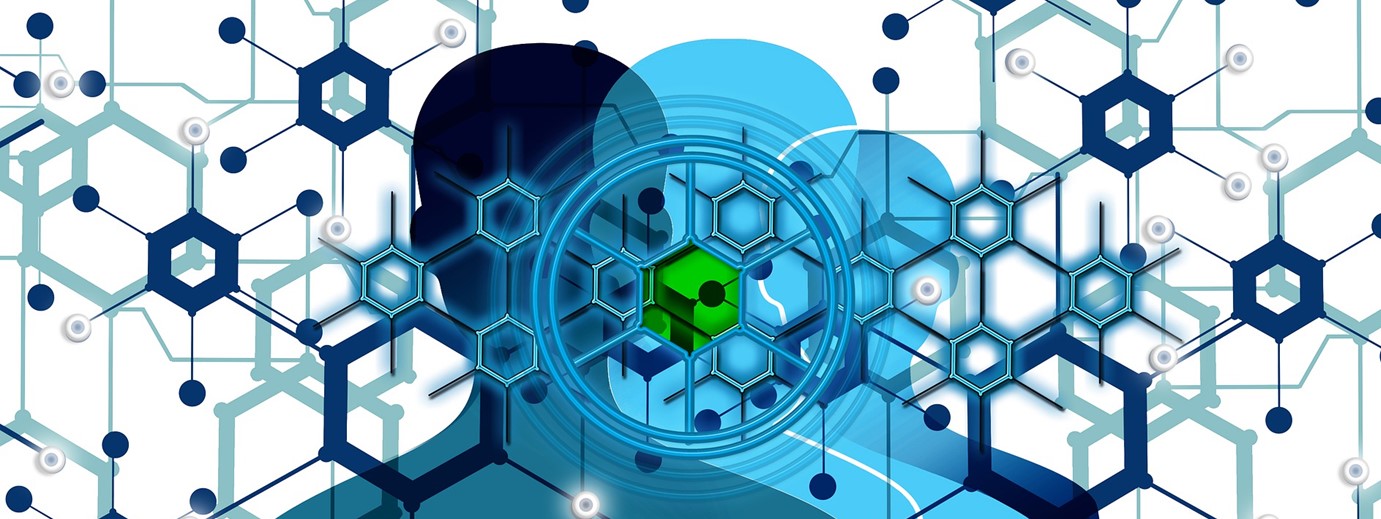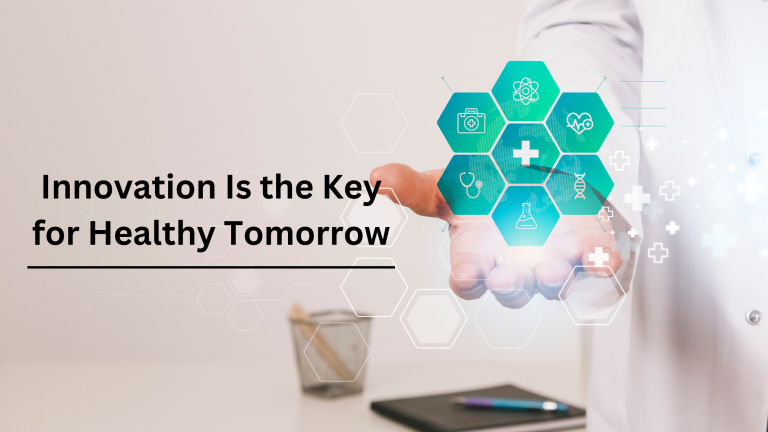Machine learning is the key to enabling Artificial Intelligence and the future of healthcare is data-driven. Big data and machine learning have a tremendous potential in the healthcare field. All these technologies are not only improving treatment and diagnosis options, they also have the potential to take control of their own health by empowering individuals.
With the help of advanced analytics, artificial intelligence and machine learning some of the most exciting advances are coming about in healthcare. Advances in AI interfaces, personalized medicine, predictive healthcare and advances in diagnostics all come down to the application of machine learning to help patients have access to smarter healthcare.
Although computers and robots will probably never completely replace nurses and doctors, Artificial Intelligence and machine learning are improving outcomes, transforming the healthcare industry and changing the way doctors think about providing care. Machine learning is just beginning to scratch the surface of personalized care, predicting outcomes and improving diagnostics.
Replacing Manual Labor
To get an idea of how machine learning will change things, we can take a look at Arteries and how it uses machine learning. By mining a data set of more than 3,000 cardiac cases, Arteries was developed where it looked at blood flow and the heart. By being curved to an MRI machine, it uses MRI images to generate editable contours and Arteries to examine blood flow. The machine helps in providing an accurate picture of a heart in seconds which once took an hour.
Previously, manual labour was required more than creative thinking to create accurate pictures but with the help of artificial intelligence that hour of Manual Effort has been freed. Doctors have now come up with potential treatments instead of taking the time to piece together MRI images while they leave this sort of work to machine learning and artificial intelligence.
A better Diagnosis System
In order to diagnose a patient, think about the countless conditions and symptoms which a doctor needs to remember and recall at the drop of a hat. Machine learning and artificial intelligence are superior at memorizing massive amounts of data as compared to a human.
Artificial intelligence looks after multiple symptoms described by a human to quickly diagnose what is the potential cause of the symptoms and using machine learning, could learn which diseases are more likely, all the while, continuously improving its accuracy over time.
A team of doctors discovered that they could identify people with pancreatic cancer and used advanced machine learning to analyze search queries even before they received a diagnosis. The study focused on search queries which indicated that someone had been diagnosed with pancreatic cancer. They then worked backward to find out if the earlier queries could predict the diagnosis.
Although the study didn’t result in a practical application still there is the possibility that in the near future, systems would be set up to warn a user to go get tested if the search queries suggest a particular disease like pancreatic cancer.
Another important advancement is being made in matching the best potential foster families with children. The “Every Child A Priority” (ECAP) system makes use of a sophisticated matching algorithm which predicts the best match between a foster family and a child, reducing the no. of moves a child needs to make and improves the potential for permanent placement.
Other companies are also using machine learning to predict and expose fraudulent healthcare claims, which drives up the cost of healthcare for everyone and costs providers millions of dollars a year.
Some of these changes in healthcare will standardize the healthcare system which will enable ordinary citizens to obtain reliable health information. This does not mean that the doctors will become outdated instead they will work alongside artificial intelligence as the two balance each other, saving lives and revolutionizing healthcare in the process.



